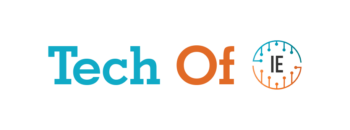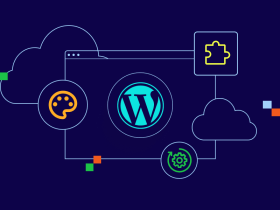In Singapore’s rapidly evolving technological landscape, the advent of new artificial intelligence solutions is always met with keen interest. Among the latest to capture attention is Agnes AI, a homegrown innovation poised to redefine productivity and collaboration. Developed by SapiensAI, Agnes AI is making waves for its ambitious goal: to be more than just an AI assistant, but a comprehensive, AI-powered workspace. For a Singaporean audience always on the lookout for tools that offer tangible improvements, the critical questions are obvious: how fast and accurate is it?
Redefining Collaborative Workflows
Agnes AI distinguishes itself by focusing on collaborative workflows rather than individual tasks. Unlike many AI tools that excel at singular functions like summarising text or answering questions, Agnes is engineered for team co-creation. It leverages an agent-based orchestration system, meaning it coordinates multiple AI agents to generate complex outputs such as reports, slides, and documents in a seamless workflow. This multi-agent approach is intended to streamline processes that typically involve switching between various applications, promising a significant boost in operational speed for teams. Early reviews and demonstrations highlight its capability to transform raw ideas into polished presentations in minutes, suggesting a considerable reduction in time spent on administrative and creative tasks. This speed, however, is not merely about quick generation; it’s about reducing the friction points in collaborative work.
The Edge of Local Contextual Intelligence
The accuracy of an AI hinges heavily on the data it is trained on and its ability to understand nuanced instructions. Agnes has products that stand out here because it has been specifically engineered with the Southeast Asian context in mind. While many global AI tools are trained predominantly on Western datasets and assumptions, Agnes is designed to understand regional cultural nuances and linguistic specificities. This local contextual intelligence is crucial for its accuracy, particularly for businesses and professionals in Singapore and across Southeast Asia. For instance, when generating content or analysing information, its understanding of local market trends, slang, or specific cultural references could lead to far more accurate and relevant outputs compared to a generic AI model. Furthermore, its “persistent team memory” feature allows Agnes to retain shared context across projects, reducing the need to re-explain information in every session, which contributes significantly to the precision and relevance of its ongoing contributions.
Real-Time Collaboration and AI-Assisted Editing
Real-time collaboration is another area where Agnes AI aims to deliver on both speed and accuracy. Features like live co-editing mean that multiple users can work on documents, presentations, or strategy papers simultaneously, with changes synced instantly. This is a considerable leap from traditional workflows, where version control and fragmented feedback loops often lead to delays and errors. The AI-assisted editing within Agnes also suggests improvements and drafts sections, acting as an intelligent co-pilot rather than just a passive tool. This active participation from the AI, driven by its contextual understanding, not only accelerates the creation process but also enhances the overall quality and accuracy of the final output. The continuous feedback loop between human input and AI suggestions is designed to refine the content iteratively, moving towards a more precise and coherent result with greater speed.
Singapore’s DeepSeek?
The developers of Agnes AI have made a bold statement by asserting that it is “Singapore’s DeepSeek,” implying a local answer to global AI giants. This claim points to their confidence in the platform’s performance, particularly its inference stage optimisation, which reportedly shows superior efficiency in token usage and faster response generation for detailed reports and visual analyses. Anecdotal evidence from early adopters suggests a high level of satisfaction regarding its ability to turn complex research outputs into structured, compelling, and visually polished presentations rapidly. The integration of real-time web search capabilities with a personal memory engine further bolsters its ability to produce accurate, in-depth insights that adapt as context evolves. This holistic approach to information processing is critical for achieving both speed and accuracy in complex tasks.
Conclusion
In conclusion, for a Singaporean audience keen on leveraging cutting-edge technology, how fast and accurate is Agnes AI? Its emphasis on collaborative intelligence, local contextual understanding, and efficient real-time processing positions it as a significant tool for enhancing productivity across various industries. While the full extent of its long-term impact will unfold with broader adoption, initial indications suggest that Agnes is indeed living up to its promise of being a fast and highly accurate AI co-pilot for the modern workspace. If you are looking to revolutionise your team’s workflow and boost efficiency, consider exploring how Agnes AI could benefit your operations. Visit the X account of Agnes AI for a demonstration.










